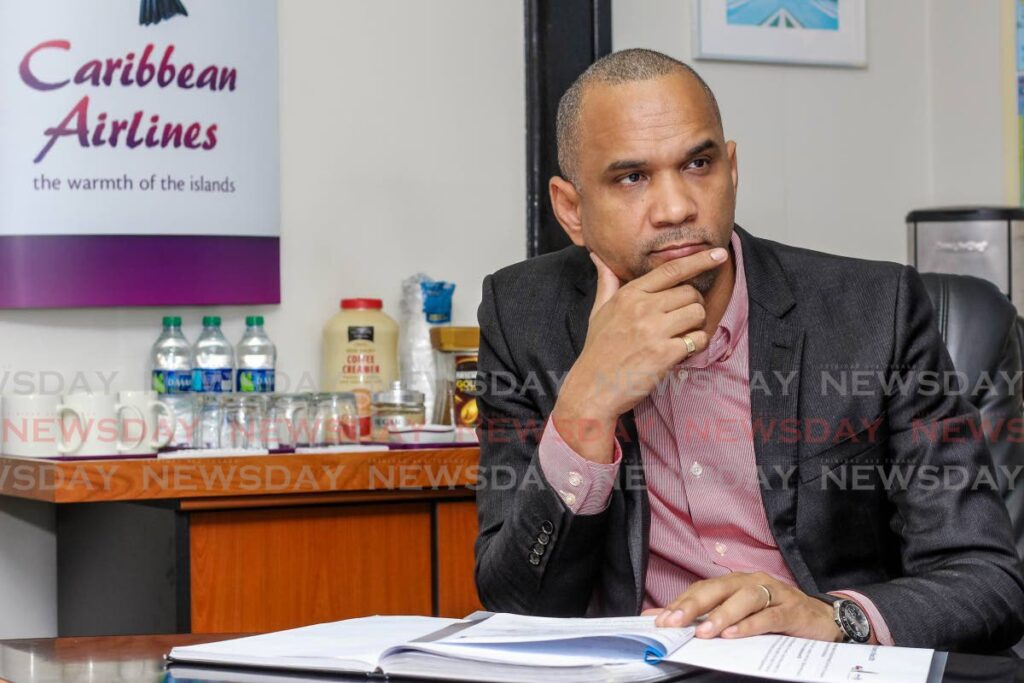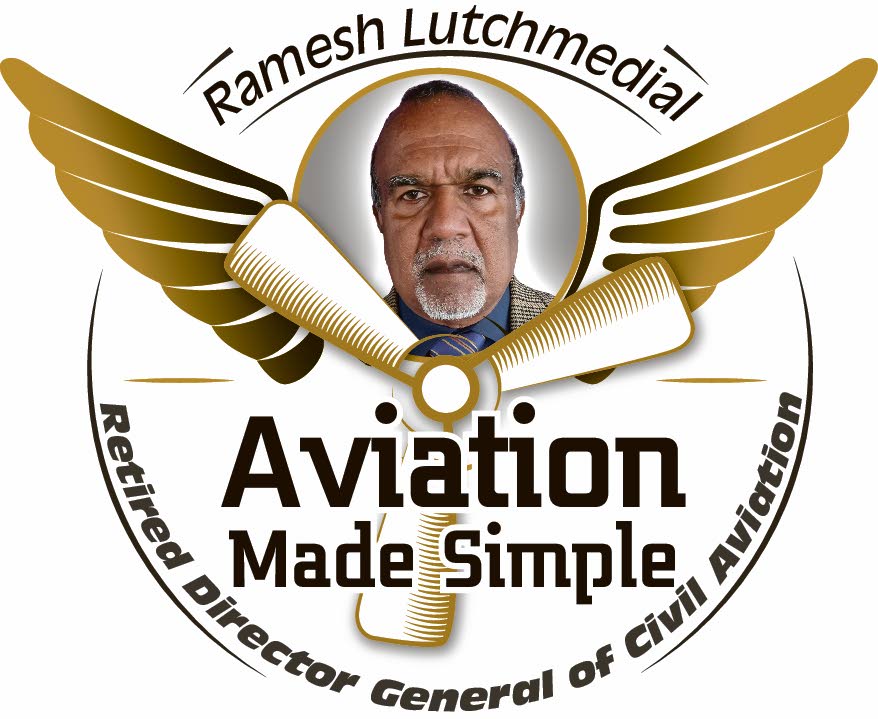Measuring service quality in airline industry

State-owned flag carrier Qatar Airways was voted the world’s best airline for a record seventh time at the 2022 World Airline Awards, held on September 23 at the Langham Hotel in London.
Singapore Airlines ranked second and Emirates third.
In the best airlines category in Central America and the Caribbean region, COPA ranked first and Caribbean Airlines (CAL) second.
The World Airline Awards – likened to "the Oscars” of the aviation industry – were begun in 1999 by Skytrax, a UK-based consultancy which runs an airline and airport review and ranking site.
Qatar Airways group CEO Akbar Al Baker thanked his "incredible employees" for "their continued dedication and drive" and said the secret of the airline's sustained successes was "consistent service, consistent product, consistent attention to passengers and absolute dedication from everyone that works in the airline."
Airlines recognise that service quality is a critical factor in the hyper-competitive airline industry and must be aligned to airlines’ competitive strategies. Successful airlines differentiate their product from another by establishing and maintaining a set of competitive advantages hinged on consistent high-quality customer service that engenders customer satisfaction and loyalty.
Although they are interrelated concepts, there is a difference between service quality, customer service and customer satisfaction.
Service quality is a measure of passengers’ expectations of an airline service's offerings compared to the actual services received.
Customer service is the direct one-on-one interaction between a passenger and the airline representatives who offer the airline services during the various stages of travel.
Customer satisfaction is a measure of how pleased passengers are with an airline’s products, services and capabilities that centres on professionalism, efficiency and a “people-first” attitude.
The three major drivers of customer satisfaction are the quality of the airline product, best-value-for-money offerings and excellent customer service.
Therefore, knowing, understanding and satisfying passengers' needs is pivotal to customer satisfaction.
Airlines strive to deliver superior customer service to meet the service expectations of passengers. However, not all passenger expectations, such as exclusive smoking cabins, can be satisfied, owing to safety and regulatory requirements.
Service-quality gaps between passengers’ expectations and the actual services offered must be addressed in a tangible manner. Therefore, airlines must know the actual passenger service expectations, making the measurement of service quality a very important airline tool.
As a primary marketing strategy, airlines engage in ongoing market research based on industry best practices to define a service quality specification. This is used to construct a service-quality framework that serves as a strategic reference point to benchmark the actual service being offered against the defined service-quality specification.
Airlines compete against each other on the basis of schedule, price and customer satisfaction. Major service-quality gaps require immediate remedial action so that passengers can have a “pleasurable and fulfilled" experience when travelling with the airline. Customer satisfaction is a major driver of brand loyalty which influences commitment to a particular airline, thereby increasing and sustaining the airline’s market share.
Airlines should frequently survey passengers on their perceptions of the services offered and suggested improvements, resulting in consequential adjustments to the service-quality specification.

Also, an airline and its passengers should have a mutual understanding onthe airline’s customer-service offerings and the strategies for delivery to passengers. It is this “concordat” between the airline and its passengers about customer-service standards that promotes customer satisfaction and loyalty.
Airline executives striving to attain a dominant market position and a sustainable advantage in today’s increasingly competitive airline environment will no doubt appreciate the importance of delivering superior customer service by meeting or exceeding passenger expectations.
However, subscribing to the importance of excellent customer satisfaction alone is not good enough. Executives who are truly dedicated to high service quality must focus deeply on acceptable customer-service expectations through a quantifiable and continuous process for effectively monitoring customers' perceptions of the services being offered and identifying service-quality gaps and their causes.
Thereafter, timely and tangible corrective action must be taken to improve the customer service to acceptable levels based on passengers’ reasonable expectations.
Airlines can only manage what can be measured. Airline customer expectations cannot be reset unless those expectations are fully known and understood on the basis of ongoing market research and surveys.
On September 21, during the reopening of CAL's “refreshed” Caribbean Club at Piarco International Airport, CAL’s CEO Garvin Medera said, “In 2022 we took a decision to actively reset the expectations of our customers.
"A major part of this was taking action on the feedback provided through our customer surveys. The decision to redesign the Caribbean Club Lounge is a tangible reflection of our commitment to enhance the overall travel experience.”


Comments
"Measuring service quality in airline industry"